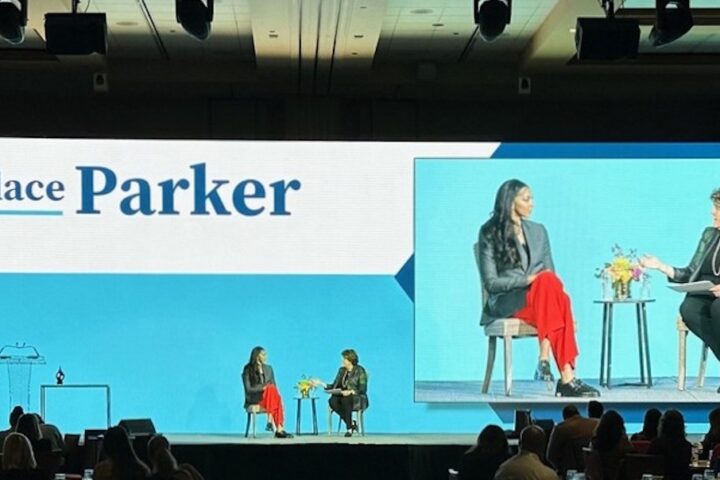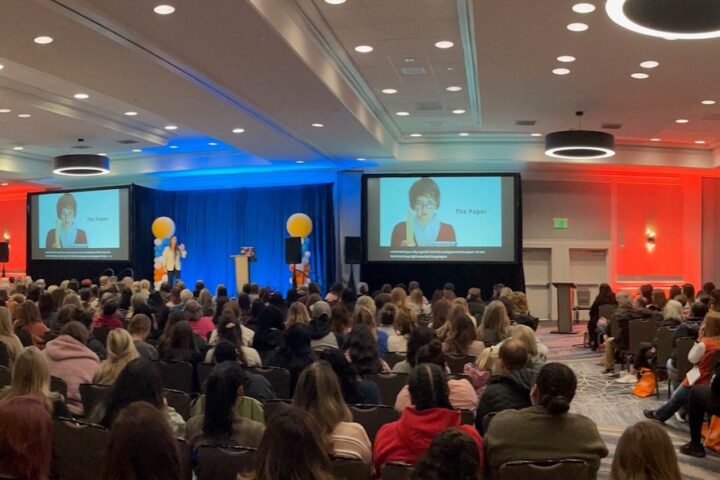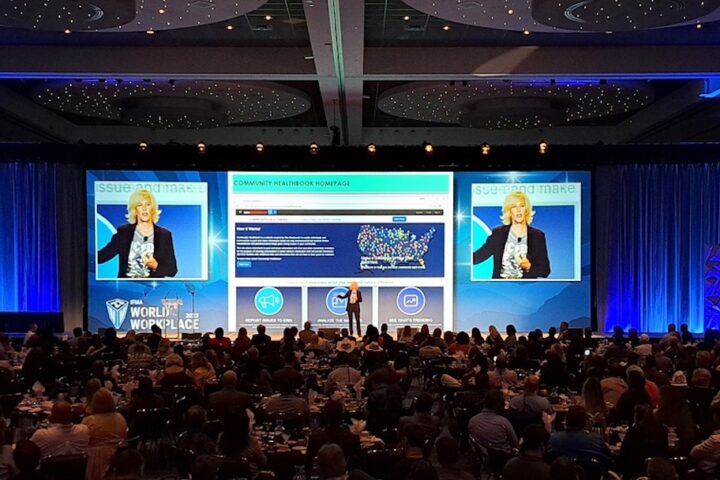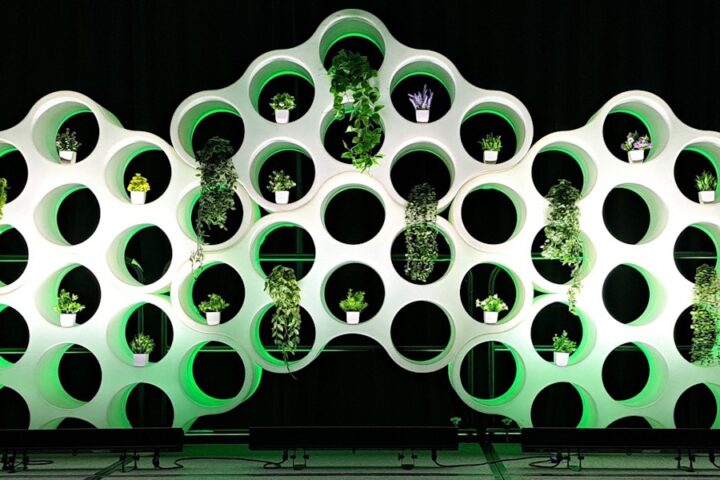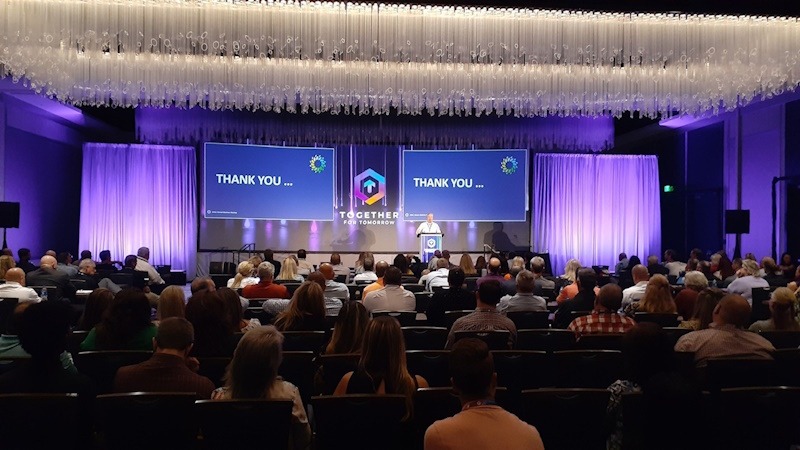Events have always called for a high level of communication to attendees for the event to be successful, but our new hybrid event reality means we need to dedicate extra time and resources to a create a clear communication plan for all attendees, whether onsite or online.
Not only do you have general event communications relevant to everyone (registration information, CE credits, agenda highlights), but you’ll need to tailor information to specific audiences based on how they’ll experience the event.
We share a few things to keep in mind as you craft your communication plan:
Your onsite attendees:
Communicate onsite protocols and expectations early and often – if it’s different from an event you’ve held before, let your attendees know.
This can cover everything from how rooms will be laid out, how sessions are structured, and even what the meal service will look like.
If the event schedule allows, give your attendees the first half of opening day to get familiar with the venue and event layout, especially if they’ll need to adhere to social distancing guidelines, traffic flow, or navigate the Exhibit Hall in a different way.
Your online attendees:
Spell out the networking opportunities in advance. Whatever methods you choose, they should meet the needs of your audience and sponsors.
For example, a lot of organizations have found their virtual audience includes plenty of younger members who can’t spend the T&E for in-person events. So holding workshops on mentoring, career-building tactics and networking advice can connect with this group better than industry-focused forums.
You can also encourage early participation by having certain opportunities limited to a specific number of participants. Registrants will need to sign-up in advance for access, ensuring they’ll have dedicated networking time.
Make sure the attendees know how they are consuming content. Is it going to be streamed live, or was it pre-recorded? This way, no one is surprised or disappointed if it’s not what they expected.
There’s advantages to all recording and streaming solutions, like having your speaker available exclusively to the online audience after their pre-recorded presentation. Make sure you’re communicating these benefits upfront.
Both attendee groups:
Use all your communication channels to share information. We’re all guilty of filing emails with the promise to read them later, so don’t rely strictly on marketing email campaigns for your important messages.
Your virtual audience should have a demo video with key navigation and platform features
Consider having your emcee outline vital onsite tips from the venue that can be posted to social media and the event page.
Take advantage of push notifications on the event app and platform to share timely information like any changes to breakouts or upcoming general sessions.
Make sure both audiences know how to interact with the presenter, whether it’s through standard or facilitated Questions & Answers, Polling, or Session Chats.
They should know what tools they’ll need to use and where to go with any technical questions.
Ideally, you’ll be able to be flexible with your registration options so attendees can ultimately participate in the most comfortable way for them. If they’re able to update their registration preferences, make sure they know the timeline to make these changes and who to contact for registration updates.
Hybrid events have a lot of moving pieces, and attendee communication is just one of them. Make sure to partner with your production and platform company to understand the most important information your audiences need to know. We’ve helped event planners outline these communications through email marketing, custom videos and demos, and platform notifications.
If you’re looking for a complete hybrid solution from a company with AV services like live event production, an in-house virtual platform, and virtual event production reach out to us today!
This blog post is part of a series. View the other posts here:
Preparing Your Team For Your Hybrid Event
Preparing Your Audience For Your Hybrid Event



